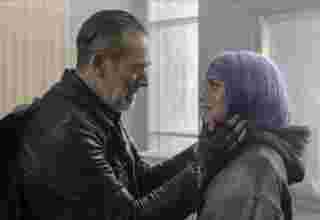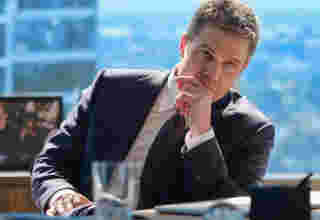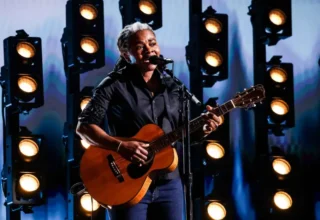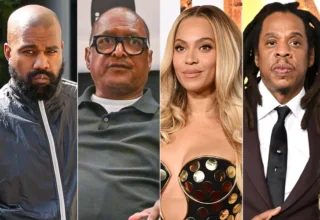The acting legend was subject to immense scrutiny following her weight gain in her 40s
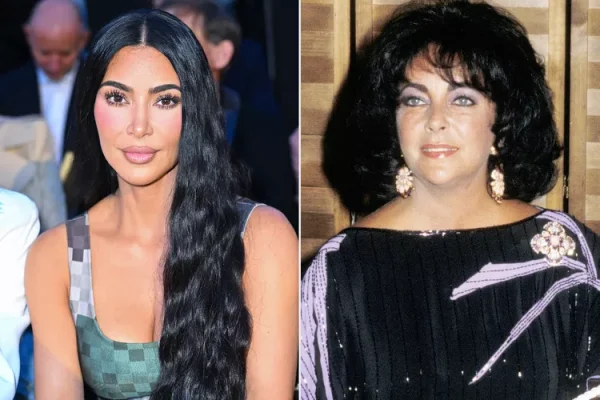
Elizabeth Taylor pioneered the celebrity experience in many ways.
As one of the earliest stars to be famous for nearly her entire life, the actress and activist was often the subject of intense scrutiny. In the new three-part BBC documentary series Elizabeth Taylor: Rebel Superstar, those closest to Taylor look back at her struggles with her weight and the public’s reaction to it.
“It’s one thing to gain weight and nobody cares. It’s another to gain weight and everyone’s looking at you and commenting about it and criticizing you about it,” her son Christopher Wilding says of the that time in his mother’s life in episode 3, which aired Oct. 11.
The series shows how Taylor was the butt of jokes made by everyone from journalists to Saturday Night Live’s not-ready-for-primetime players. In one voiceover, Taylor is deemed a “mammoth” in a photo taken of her at a charity appearance.
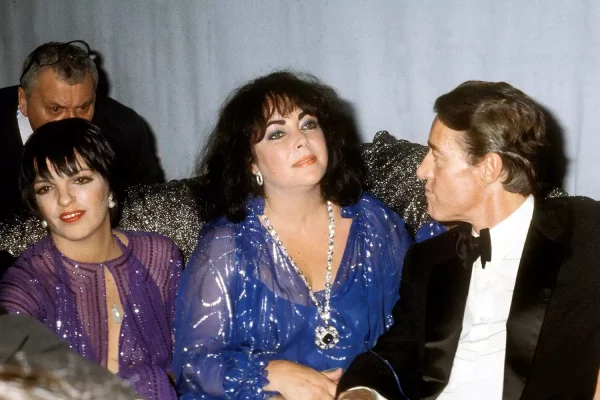
“You’re so famous that the world is attacking you. People were terrible to her,” actress Sharon Stone notes.
Taylor’s weight gain was attributed to a back injury from her childhood, her struggles with alcohol dependency and her changing lifestyle in her 40s. Although her acting career slowed down during this period, the media’s microscope remained trained on her life.
“That’s what fame is like. That’s how fame happens. It’s like a light switch, and then it never goes away,” Stone says.
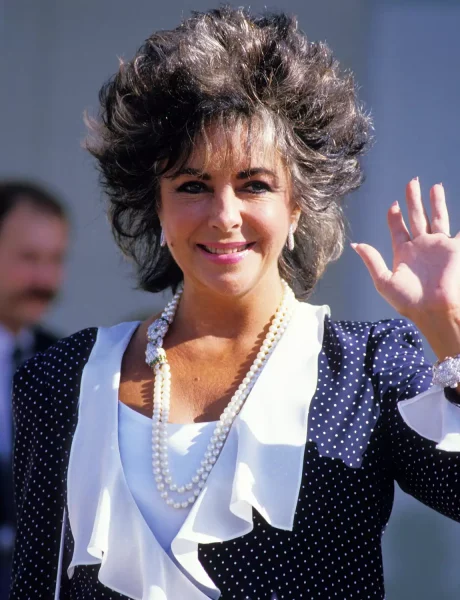
Taylor’s granddaughter Naomi Wilding points out that so much of her grandmother’s self-esteem was wrapped up in the adulation she’d come to expect from the public after a lifetime in the spotlight.
“Think about what it must have been like when you are told you’re beautiful from the youngest age and then that’s what you’re criticized for — not always being beautiful,” she says.
“Being fat shamed, I mean, that’s traumatizing. And she was one of the first to go through it all,” Kim Kardashian — who was the last person to interview Taylor before the two-time Oscar winner’s death in 2011 and who serves as an executive producer on the documentary — says in the episode. “It’s not easy to be first, you know?”


